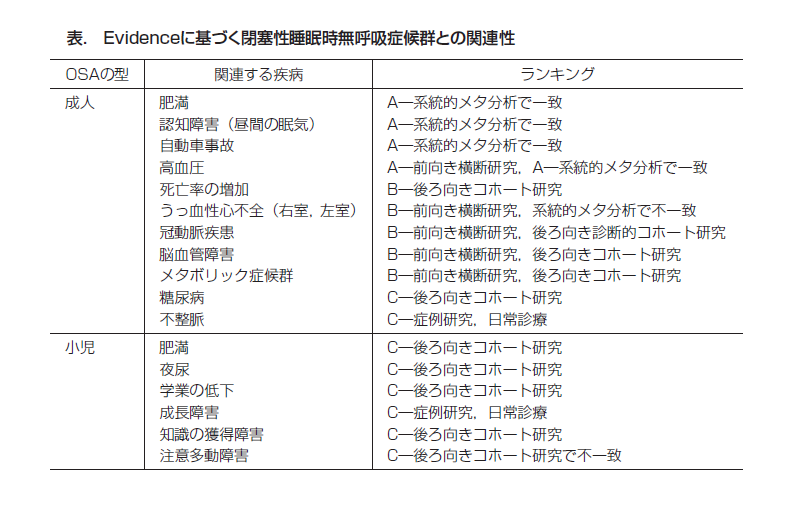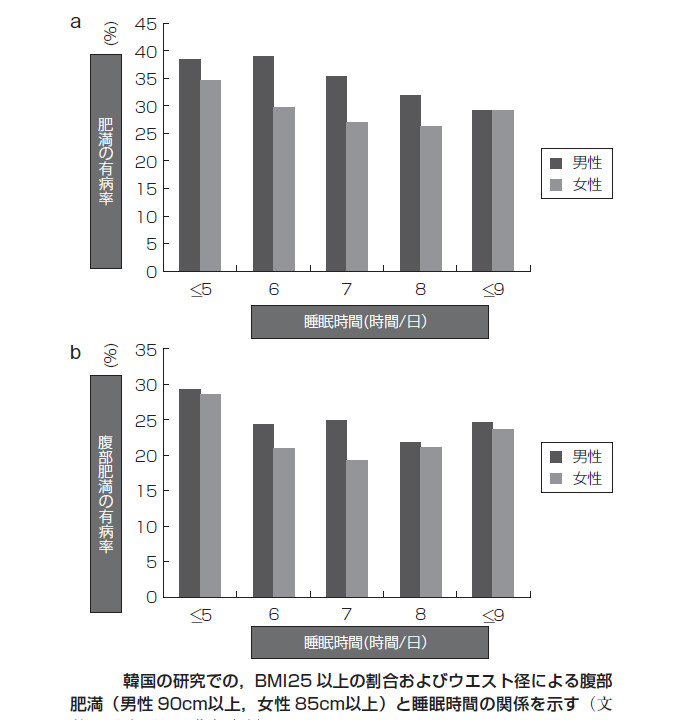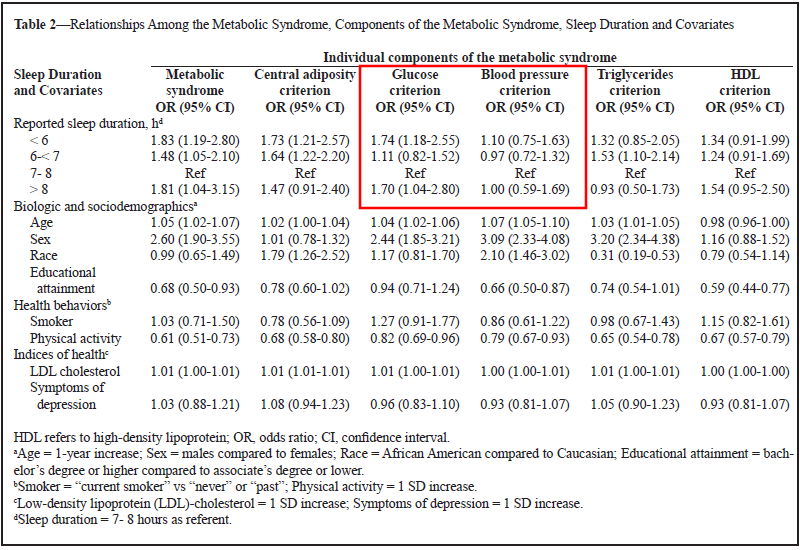How Sleep Affects You

Do you think sleep is just a time to conserve energy and restore your strength? Do you think it is just a time to lose sleep?
Of course, a major goal may be so. However, sleep has many effects and impacts on health. Short or low-quality sleep can have the following effects on the body.
The following article cites and references the research article 肥満症と睡眠障害 is cited and referenced.

- Weight gain
- Metabolic syndrome
- High blood pressure
- Diabetes mellitus
- Decreased mobility
- Deterioration of the intestinal environment
Increased health risks
The following article cites and references the research article Mortality associated with sleep duration and insomnia.
The relationship between sleep duration and health risk, including mortality, generally shows a U shape. Health risk is low with 7-8 hours of sleep, and health risk increases with longer or shorter sleep.

For example, a study investigated the relationship between the percentage of BMI 25 or higher and abdominal obesity by waist diameter (90 cm or more for men and 85 cm or more for women) and sleep duration. According to this study, the graph shows a U-shape, with the percentage of BMI 25 and the percentage of abdominal obesity being higher when sleep duration is 6 to 8 hours compared to other times. The pathways that lead to obesity due to short sleep are considered to be (1) neuroendocrine and metabolic changes and (2) effects of waking behavior and other factors.
You’ll gain weight just by sleeping less.
Short sleep causes an increase in the sympathetic nervous system, an increase in evening cortisol and growth hormone levels, a decrease in thyroid-stimulating hormone, a decrease in leptin, an appetite suppressant, and an increase in ghrelin, an appetite-increasing agent. These hormonal changes cause increased energy intake and decreased energy expenditure, leading to weight gain. In particular, increases and decreases in leptin and ghrelin affect dietary intake.
Adrenaline is a hormone released in response to stress, but it also releases the hormone cortisone. These hormones increase blood pressure and prepare the body for fight-or-flight behavior. Cortisone turns into cortisol, and increased cortisol means an increase in the hypothalamic-pituitary-adrenal system, which is associated with increased food intake and visceral fat.
Becomes immobile and craves high-calorie foods
Short sleep also changes waking behavior. High energy-containing diets and lack of exercise are strong causes of obesity. It is assumed that lack of sleep and daytime sleepiness will lead to a tendency to consume high-calorie drinks and high-calorie meals, and fatigue will cause people to spend more time watching TV instead of exercising.
Increased risk of hypertension and diabetes
The following article cites and references the research article Self-reported sleep duration is associated with the metabolic syndrome in midlife adults.
Short sleep duration has also been reported to increase the risk of hypertension and diabetes.

Decreased exercise capacity
A study conducted on physical fitness tests in a comparison between normal sleep (7 hours) and short sleep (4 hours). The results showed that while there was no significant difference (5%) in the repeated lateral jump, long body forward bend, standing long jump, and 50-meter run, grip strength, endurance, and total body endurance (20-meter shuttle run) were decreased. From this, they conclude that sleep deprivation conditions, such as short sleep, reduce exercise performance for longer periods of time, such as endurance running, more than for momentary, short-duration exercise. Psychological rather than physiological or biochemical influences were more likely to be a factor in this exercise performance, especially in exercises that required endurance.
To lose patience would mean to lose the ability to think. Basketball, soccer, baseball, volleyball, martial arts… they are all competitions with opponents and games. Losing the ability to think in such competitions means not being able to grow.
Body temperature rhythms may also be disturbed. Normally, the human body temperature has a circadian rhythm that is highest in the evening and lowest at dawn. However, if the sleep rhythm is disturbed, the body temperature rhythm will also be disturbed. As a result, performance will be disturbed.
The following article cites and references the research article The Effect of Sleep Deprivation on Choice Reaction Time and Anaerobic Power of College Student Athletes.
The following article cites and references the research article Sleep loss and the sympathoadrenal response to exercise.
When sleep is not taken at all, decreased reaction time, delayed mean sprint, decreased muscle glycogen, and decreased exercise time to exhaustion have been reported.



コメント